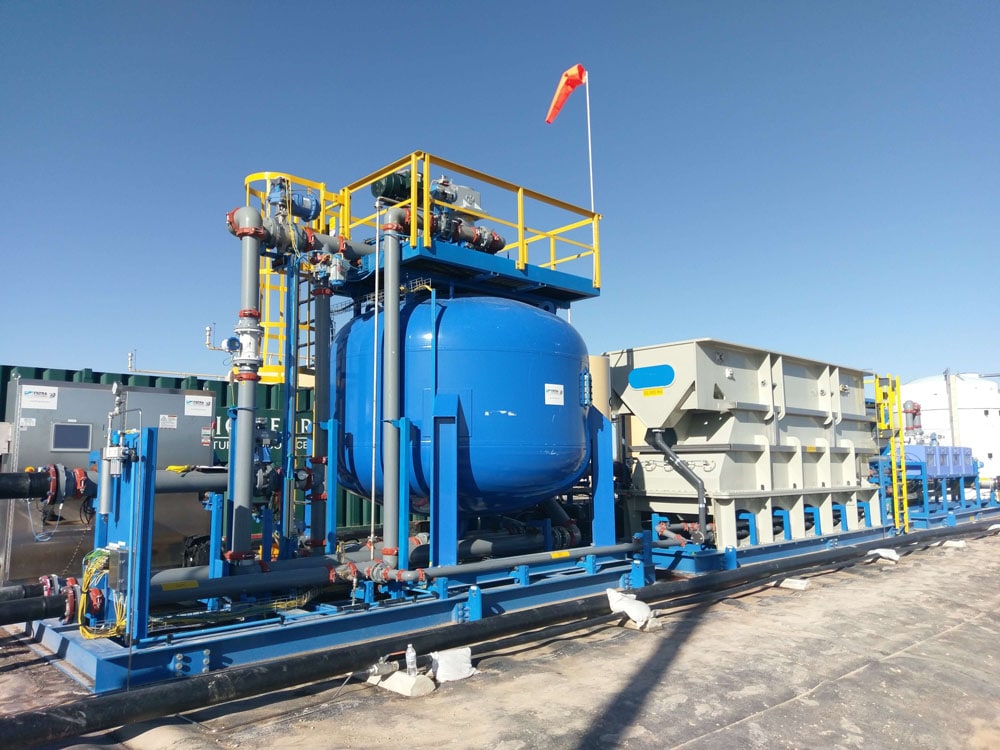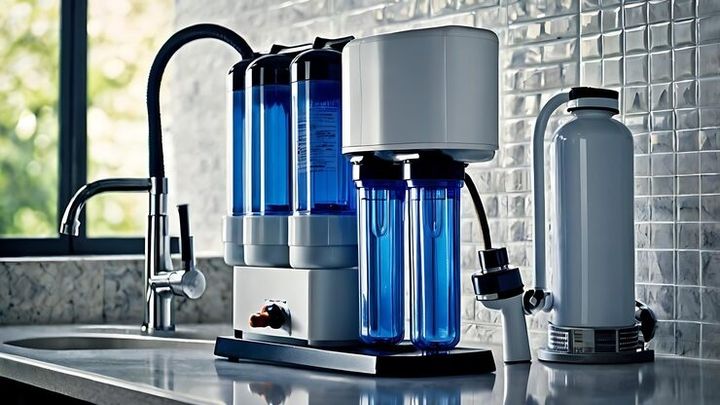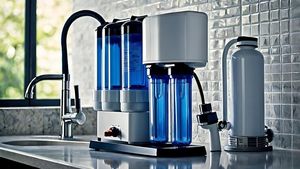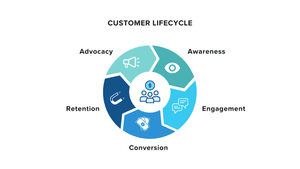Water is important for life, but not all water is safe for consumption. Polluting health risks such as sediment, chlorine, heavy metal and microorganisms can cause risk. Water filter machines provide a reliable solution by removing impurities and distributing clean, safe drinking water. Understanding how these machines work can help homes and businesses make better health and stability options.

How Water Filter Machines Work
Water filter machines use different cleansing processes to ensure safety. These procedures can function individually or in combination depending on the machine type.
Spraining filtration - removes dirt, sand and rust particles.
Active carbon filtration - chlorine absorbs pesticides and organic chemicals that affect taste and smell.
Reverse osmosis (Ro) -Ceiling water through a semi -permeable membrane to eliminate prickly salt and heavy metals.
Ultraviolet (UV) cleansing - uses UV light to destroy bacteria and viruses.
Ion exchange - replaces harmful minerals such as calcium and magnesium with safe alternatives to soften water.
Types of Water Filter Machines
Different environments require separate filtration systems. Here are the most common types: pitcher filter - cheap and portable; Suitable for basic home use.
Easy to establish and effective for tapped filter strips.
Under-link filter-shut devices provide high filtration capacity.
Countertop filter - offers simple layout, medium filtration.
The filter-wide system throughout the house that filters the water for the entire property.
Ro- and UV systems - advanced models that offer maximum drinking water cleaning.
Benefits of Using Water Filter Machines
Safe, healthy drinking water provides harmful pollution flavor, and the taste and smell of water raduce addiction to bottled water protects the equipment of moneyco-friendly and durable alternatives from the smell, scaling and mineral build-up.
Limitations and Considerations
During being very effective, water filter machines also have limitations. Some filters require frequent replacement, while upgraded system such as praise can discard water in the process. The cost of installation and maintenance should also be considered before investing in a system.
Key Trends in Water Filtration
Smart water filter-io-enabled devices that monitor filter performance and alert users when you need replacement.
Portable water filter - increasing demand between passengers and external enthusiasts.
Systems designed to reduce environmentally friendly filter plastic waste and water derivation.
Hybrid system - a combination of tranquility, UV and carbon filtration for maximum protection.
Choosing the Right Water Filter Machine
When choosing water filters, consider the following:
Type of pollution in your local water supply
Daily water consumption requirements
Installation site (underpine, worktop or full house) budget and maintenance costs
Certification and security standards
Practical Checklist for Buyers
Check the water quality report in your area
Compare different filtration methods
Filter replacement interval controls
Provide compliance with NSF/WHO standards
Evaluate guarantee and customer help
FAQs About Water Filter Machines
Question: Does all filters remove bacteria?
No, only UV and calm systems effectively eliminate bacteria and viruses.
Question: How often should the filter be replaced?
Most filters require replacement every 3-6 months, depending on use and water quality.
Question: Is calm water safe for daily use?
Yes, but some users prefer mineral RO systems to maintain important nutrients.
Conclusion
Understanding how these machines work, home and business can enjoy staying healthy and contributing to a permanent future.







